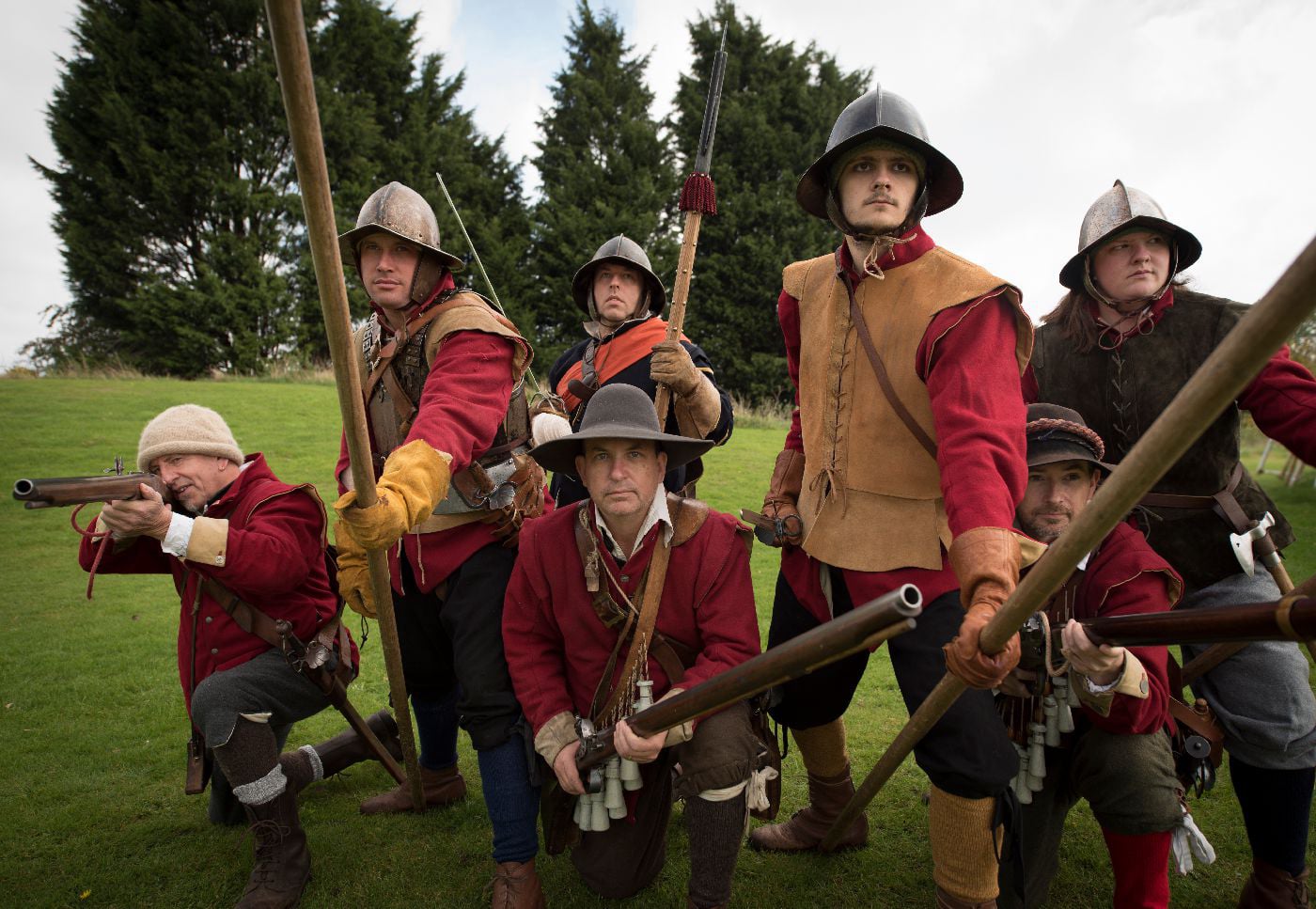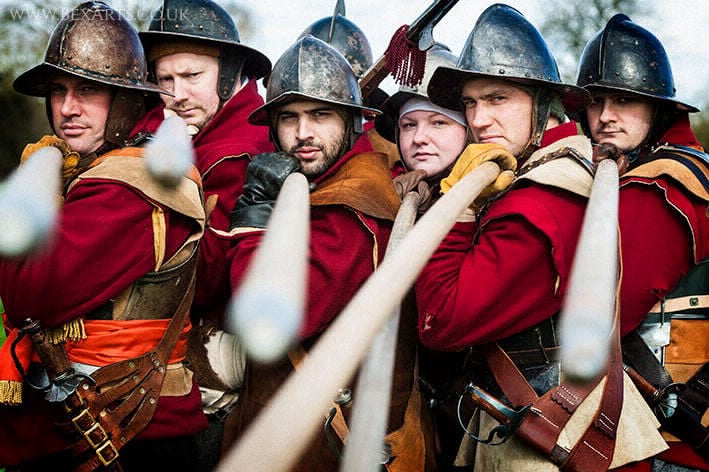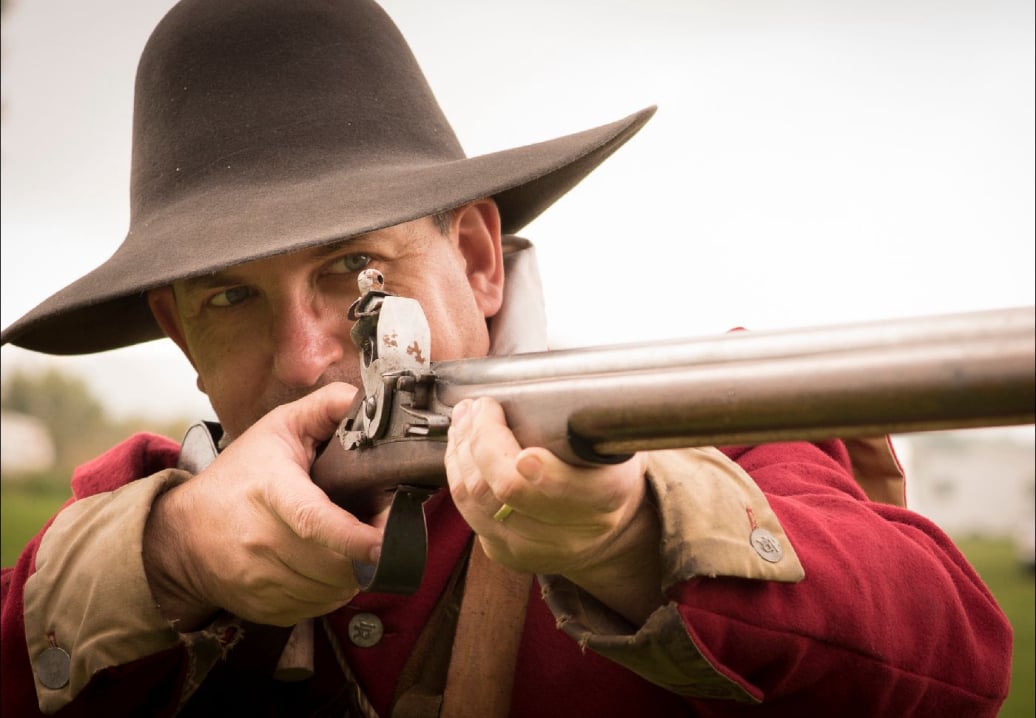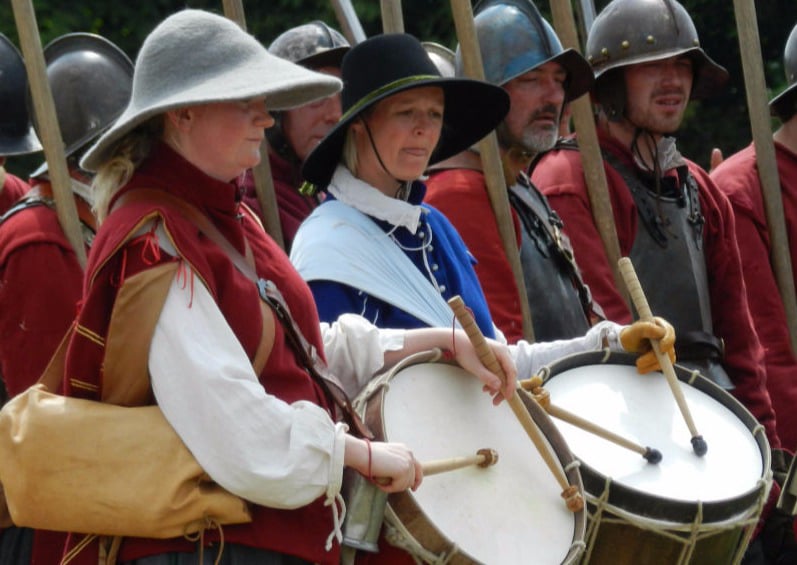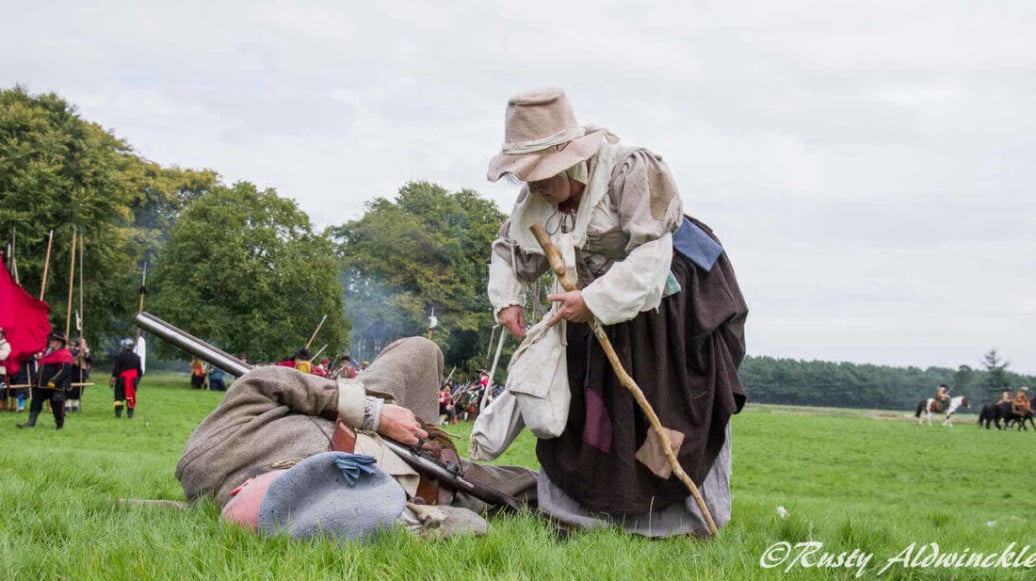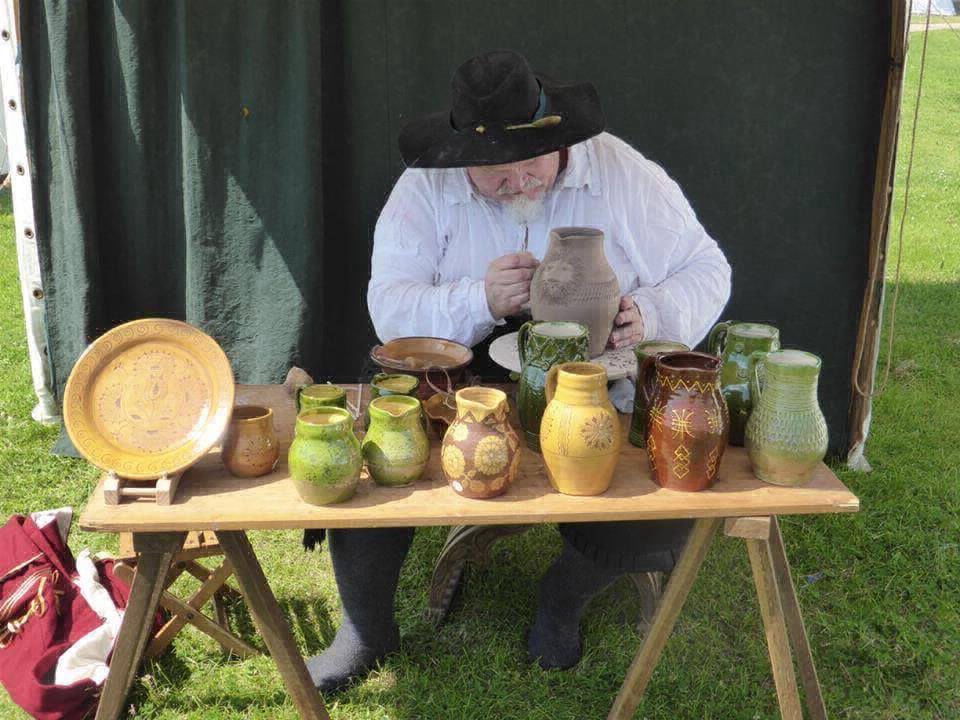Pioneer
Considered specialist rather than regular soldiers, pioneers and sappers were essential in constructing defence works to keep attackers out and on the other side, breaching siege and defence works to get the attackers in. Theirs was a dangerous task, carried out under the most difficult conditions and often the most exposed to the enemy, leading to a variety of specialist weapons.
In today’s re-enactments the role of the pioneer is equally vital. It’s a great battlefield role, without having to pick up a weapon.
The pioneers are very much on the front-line with the fighting troops, ensuring they are supplied with water and the ‘eyes and ears’ on the morale and safety of the ‘men’. Every soldier looks to the pioneers. Every good commander relies on them. Good pioneers, keep their unit in the fight!
